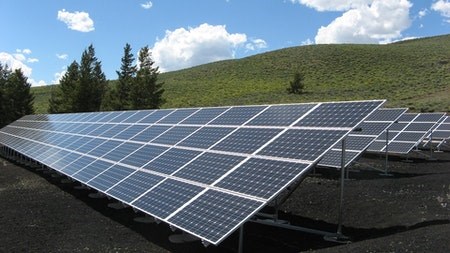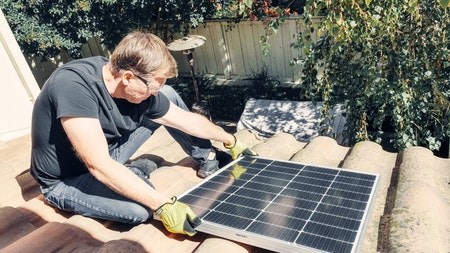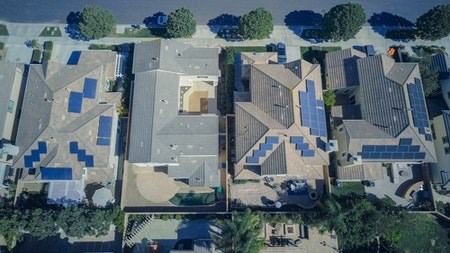Energy supply is a critical factor when it comes to social and economic activities. Without a stable supply of energy, economic activities are hampered and often damaged irreparably. Economic industries need consistent energy supply to achieve their business objectives just like households depend on a reliable supply of energy for lighting, food storage, cooling, cooking and entertainment. South Africa’s energy supply mix is derived from various sources such as fossil fuels like coal and oil, natural gas, hydroelectricity, wind, geothermal energy, solar, etc.
State of solar energy supply in South Africa
Through the department of energy, the government has capitalised on the abundant sunshine the country enjoys to initiate solar energy projects and increase the country’s generational capacity. It is estimated that South Africa gets exposed to about 2,500 hours of sunshine per year, with average direct solar radiation levels ranging between 4.5 and 6.5 kWh/m2 (kilowatt-hours per square meter per day).
This has led to major development of solar plants across the country through government as well as public and private sector partnerships. Some of these include Kathu, the largest solar park in South Africa which produces about 100MW, the Jasper Solar Power Project which produces 96MW, the Solar Capital De Aar Project with a combined capacity of 175 MW, and Kalkbult solar power which produces 75MW. It is expected that the country will produce about 8,400 MW of solar energy by 2030.
Types of residential solar solutions you can consider?
Grid-tied solar power system
This describes a solar system which connects the solar panel installation with the main electricity grid. This system depends on the electrical power grid to produce usable solar energy.
Off-grid solar power system
This type of solar system is installed by powering through a battery bank which in turn supplies power to a household. This is normally recommended for rural households.
A hybrid solar system
This is a combination of grid tied and off grid solar systems. 'Hybrid' is the descriptive combination of solar and energy storage which is also connected to the electricity grid. This means this solar system uses special hybrid inverters and batteries to store energy for later use which can prove helpful especially during load shedding.
Is it worth investing in solar power and what are the benefits of having solar electricity in your home?
Environmentally friendly
Unlike other sources of energy, solar energy remains one of the most environmentally friendly energy sources. It does not depend on water or other materials which pollute the environment.
Stable supply
For as long as there is sunshine, you can be guaranteed of having electricity. One of the biggest challenges other sources of electricity face is the unstable supply of raw materials such as water, coal and fuel which leads to erratic supply of electricity.
Less expensive
Solar energy requires less technical expertise to install and maintain. This means you will likely pay less or nothing to install and you will pay no usage costs.
Installation
Solar panels can be installed in remote places with limited vertical and horizontal spaces. Where electricity poles and pylons can’t fit and reach, solar panels will reach.
Economic upliftment
The reliable supply of electricity translates into increased household activities. This means a household can engage in income generating activities powered by solar energy.
Conclusion
Solar energy is often an overlooked source of electricity but its benefits far outweigh those of other popular sources of electricity.




